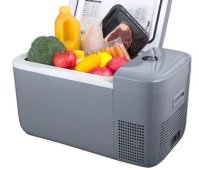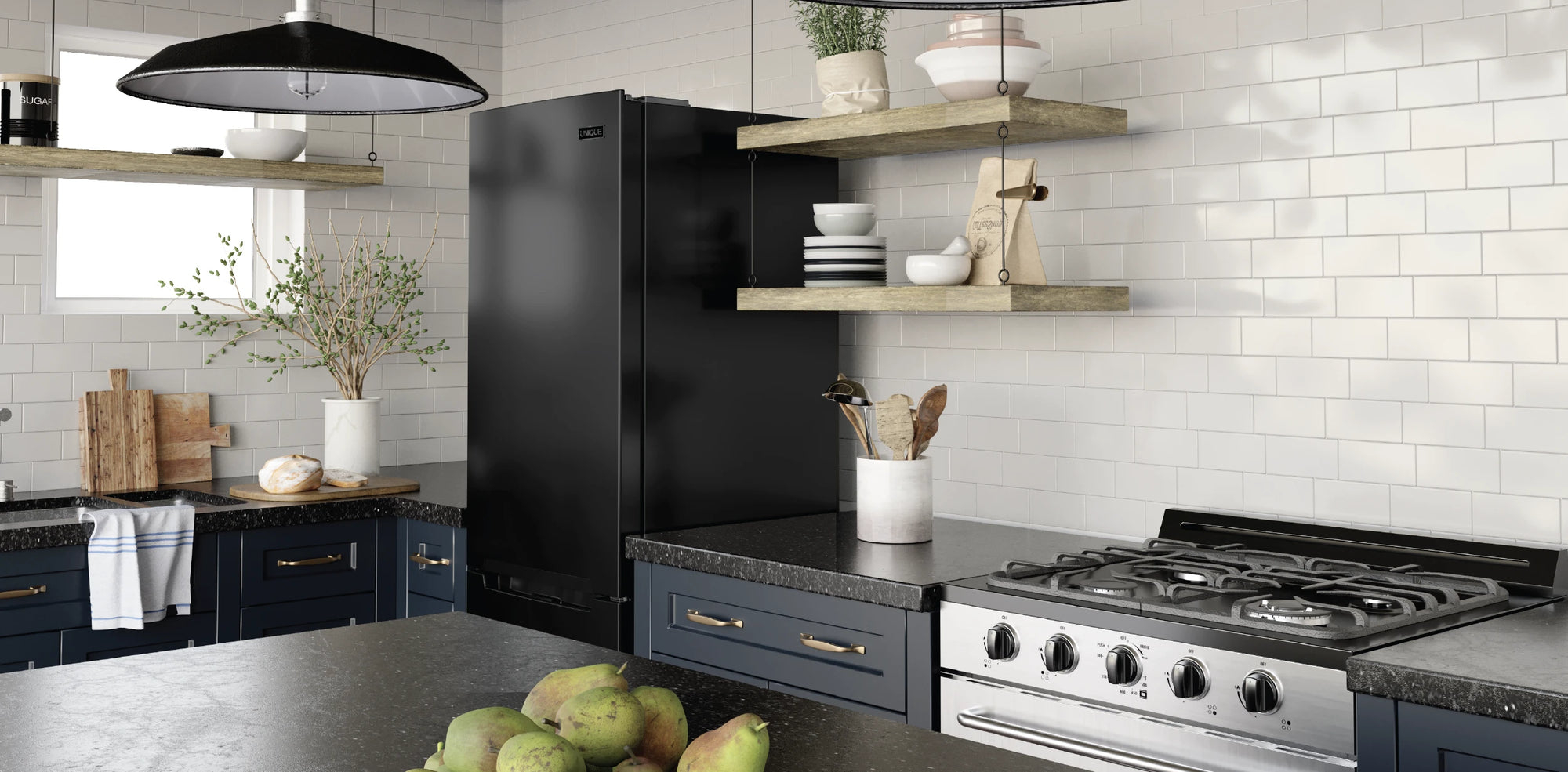Old_Skewler
Solar Enthusiast
I am on a off-grid situation so I tried solving my fridge problem with the infamous "chest freezer" conversion.
I bought a brand new Magic Chef Chest Freezer from Home Depot and a digital controller from Amazon. I also have a EcoFlow River Pro battery that runs the fridge.
The battery is 720Wh. I can power the fridge for about 20 years before the portable battery hits 15% capacity. I tried multiple setpoints and the best battery performance was at 47.4F <---> 39.3F
I honestly cannot tell if this is great performance or if I picked the wrong freezer to convert. i just feel like the setup should perform better - I barely have any food inside, rarely open the fridge, and it is brand new.
Anyone else with a similar conversion to share performance data?
Cheers!
I bought a brand new Magic Chef Chest Freezer from Home Depot and a digital controller from Amazon. I also have a EcoFlow River Pro battery that runs the fridge.
The battery is 720Wh. I can power the fridge for about 20 years before the portable battery hits 15% capacity. I tried multiple setpoints and the best battery performance was at 47.4F <---> 39.3F
I honestly cannot tell if this is great performance or if I picked the wrong freezer to convert. i just feel like the setup should perform better - I barely have any food inside, rarely open the fridge, and it is brand new.
Anyone else with a similar conversion to share performance data?
Cheers!




